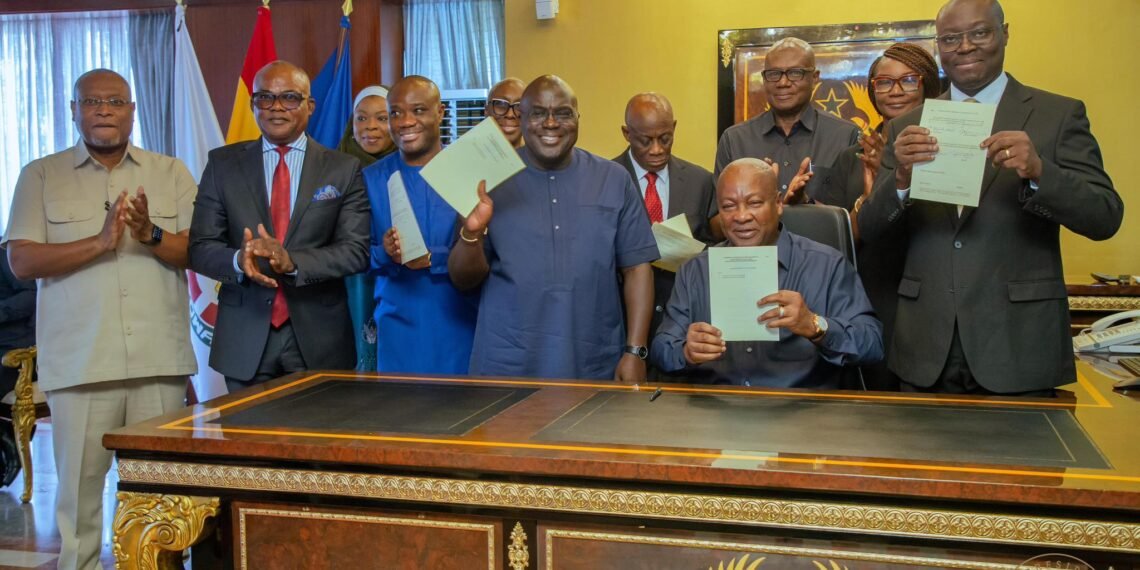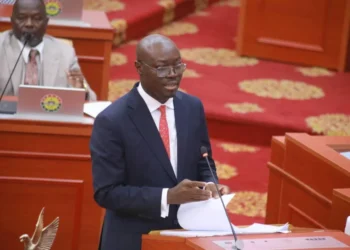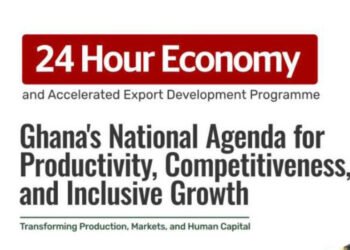In a major policy shift aimed at improving economic conditions and alleviating financial burdens on Ghanaians, President John Dramani Mahama has led the government in rolling out a series of reforms.
These landmark decisions, signed into law on April 2nd, 2025, have been met with widespread approval. Ghana’s Minister of Finance, Dr. Cassiel Ato Forson, hailed them as a transformative step toward economic stability and social welfare.
One of the most celebrated reforms is the repeal of the Electronic Transfer Levy (E-Levy), a tax that had been widely criticized for increasing the cost of mobile money transactions.
“This means more money in your pocket and cheaper mobile money transactions. Digital payments just got easier!”
Dr Cassiel Ato Forson, Ghana’s Finance Minister
In a move that has been particularly well received by the youth and betting communities, the government has abolished the tax on lottery and betting winnings.
According to Dr Forson, this decision will ensure that individuals who engage in such activities will take home their full earnings without tax deductions.
Additionally, Dr Forson indicated that the removal of tax on unprocessed gold aims to curb gold smuggling and encourage formal transactions within the mining sector.
Also, motorists and commuters have received a financial reprieve with the removal of VAT on motor insurance.
This policy will significantly lower the cost of vehicle insurance, making it more affordable for both private and commercial drivers.
“This is a direct benefit to Ghanaians, reducing the financial burden on transport operators and ensuring fairer pricing for road users” .
Dr Cassiel Ato Forson, Ghana’s Finance Minister
Although committed to environmental sustainability, Dr Forson announced that the government has repealed the controversial Emissions Levy, which had been criticized for being ineffective in tackling pollution.
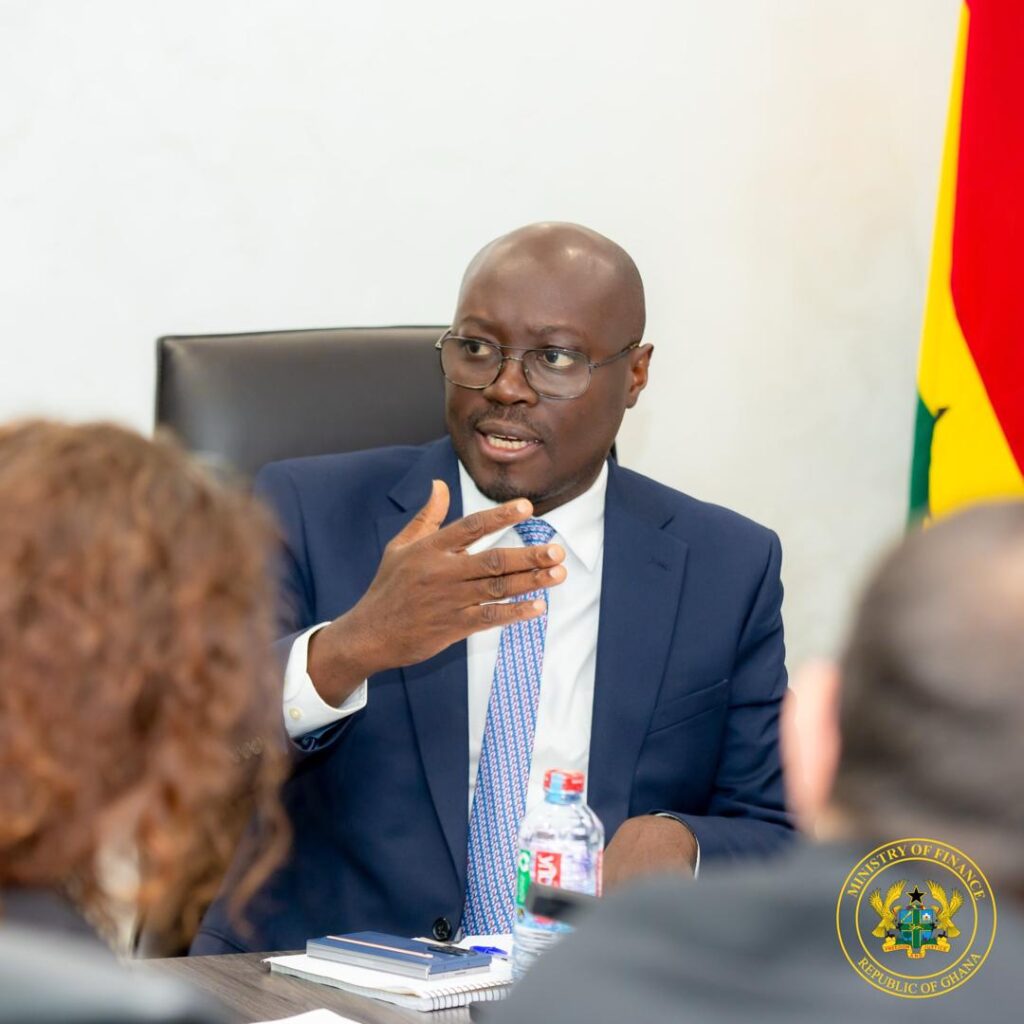
Dr. Forson affirmed that while environmental concerns remain a priority, alternative and more effective green solutions will be explored to address pollution and climate change.
Increased Funding for Social Interventions
Furthermore, Dr Forson touted the NDC government’s decision to adjust the tax refund ceiling to free up GHS 3.8 billion for social interventions.
“These funds will go straight into free sanitary pads, school feeding programs, the capitation grant, LEAP programs, and other essential social interventions.”
Dr Cassiel Ato Forson, Ghana’s Finance Minister
Dr. Forson emphasized that these interventions are crucial in bridging social inequalities and ensuring equitable development.
Uncapped Funds for Health, Education, and Roads
Another significant reform, according to Dr Forson, is the removal of restrictions on funding allocations, including GetFund, NHIL and RoadFund for essential sectors.
This, Dr Forson noted, means that more financial resources will now be available for the construction and maintenance of hospitals, schools, and road networks.
Notably, the Finance Minister stressed that free secondary education and free tertiary education for Persons with Disabilities (PWDs) will now receive sustainable funding, reinforcing the government’s commitment to inclusive education.
Stronger Fiscal Rules to Prevent Reckless Spending
In a bid to ensure fiscal discipline and financial accountability, amendments to the Public Financial Management (PFM) Act have been enacted.
Dr Forson strongly posited that these amendments introduce stringent measures to curb reckless spending and enforce responsible financial management.
Key highlights include: the establishment of an Independent Fiscal Council to monitor and enforce fiscal discipline, a new debt rule capping public debt at 45% of GDP by the end of 2034.
There is also a commitment to achieving a primary surplus of 1.5% of GDP annually from now until 2034, ensuring a sustainable fiscal trajectory.
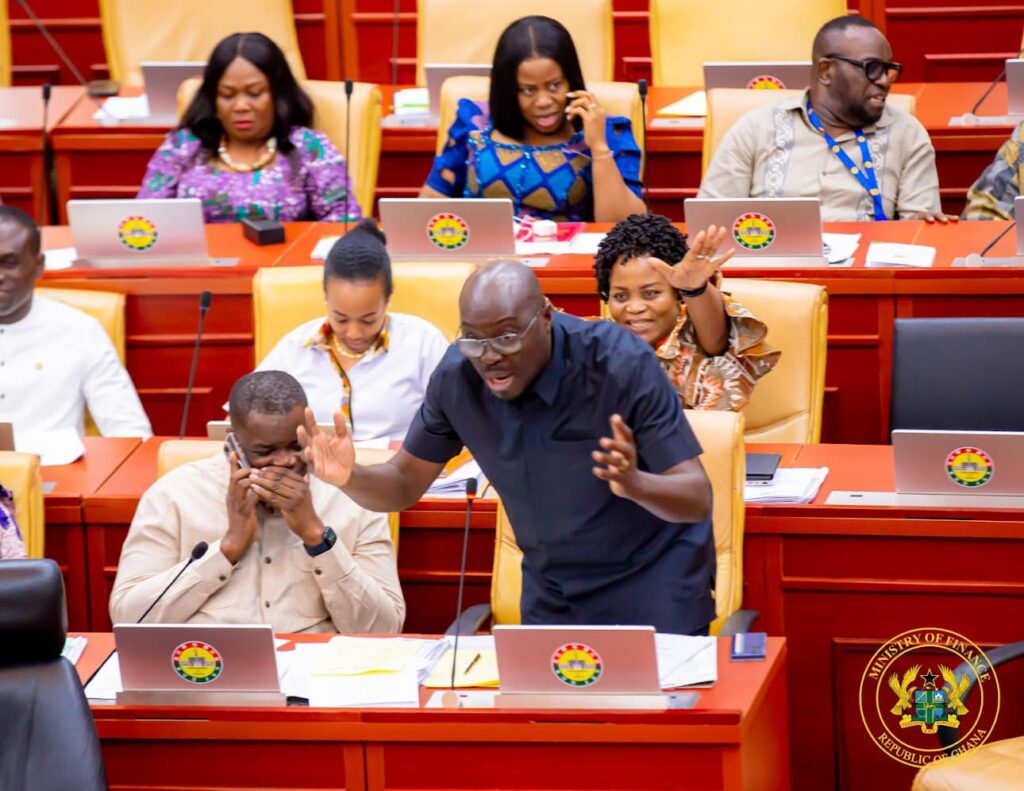
Dr. Forson assured that these measures would protect the economy from financial mismanagement and excessive borrowing.
Enhanced Public Procurement Laws to Prevent Waste
To address the long-standing issue of stalled projects and wasteful expenditure, the government has revised the Public Procurement Authority law.
Under the new regulations, Dr Forson indicated that commencement certificates will be a prerequisite for awarding any publicly funded contracts.
This, according to him, will ensure that projects are only approved when funds are available, preventing unnecessary delays and financial mismanagement.
All Oil Revenues to Be Dedicated to Infrastructure
A bold and strategic move in Ghana’s economic policy is the decision to allocate all oil revenues exclusively to infrastructure projects under the “Big Push” initiative.
According to Dr Forson, this means that funds generated from Ghana’s oil sector will now be channeled into major roads, bridges, and infrastructure developments.
This policy is expected to accelerate economic growth and improve connectivity across the country.
Higher Taxes for Mining Companies
Recognizing the need for fair resource distribution, the government has introduced a slight increase in taxes for large-scale gold mining companies.
Dr Forson hopes this move will ensure that Ghana receives a more equitable share of the super-normal profits generated by these companies.
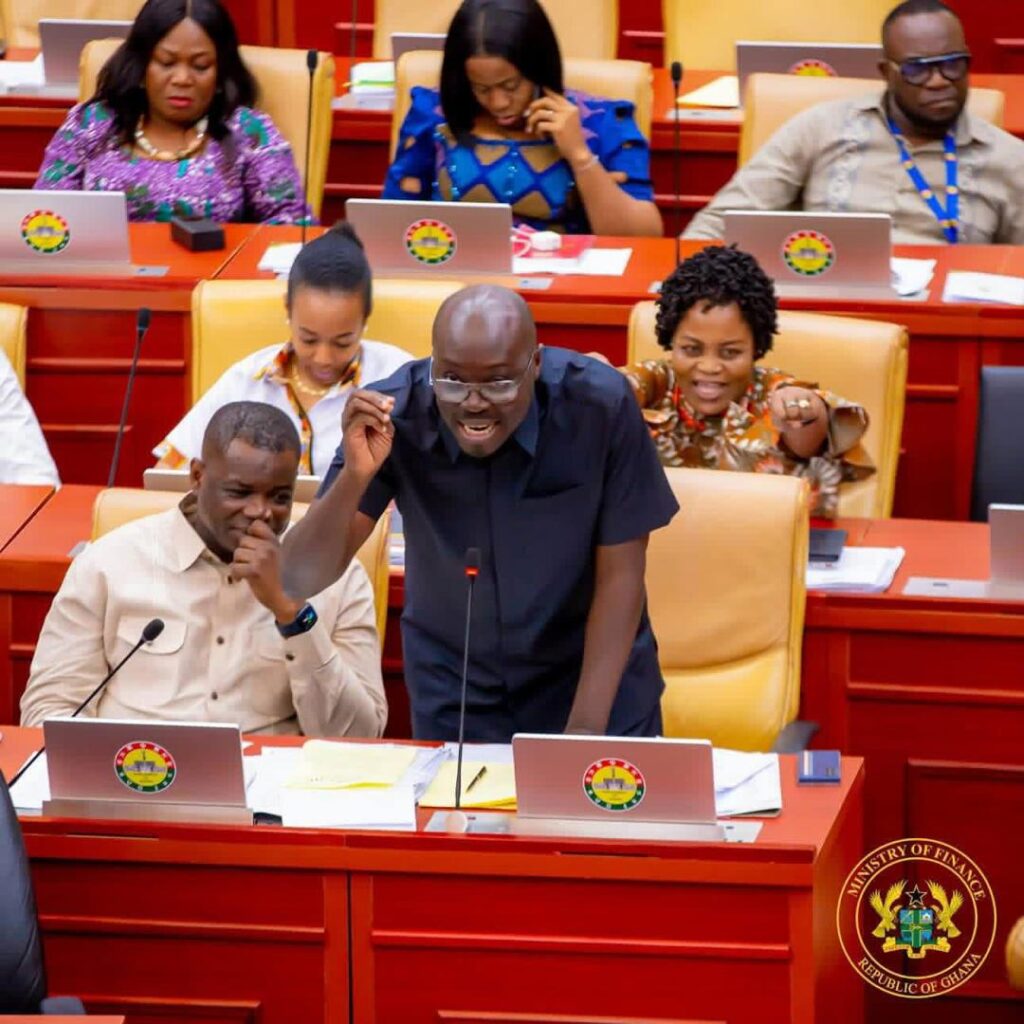
He also indicated that the additional revenue from this policy will be invested in national development initiatives.
Dr. Forson expressed confidence in these sweeping economic reforms, emphasizing their role in improving livelihoods, promoting transparency, and ensuring sustainable development.
“These policies represent a huge step forward for Ghana. We are making life easier, reducing financial burdens, and building a stronger, more resilient economy. More relief, more development, more progress!”.
Dr Cassiel Ato Forson, Ghana’s Finance Minister
With these landmark reforms now in effect, Ghanaians are expected to experience significant improvements in their economic well-being, social infrastructure, and overall quality of life.
The government’s commitment to responsible governance and inclusive growth marks a new chapter in Ghana’s economic trajectory.
READ ALSO: Mahama’s Approval Rating Soars

